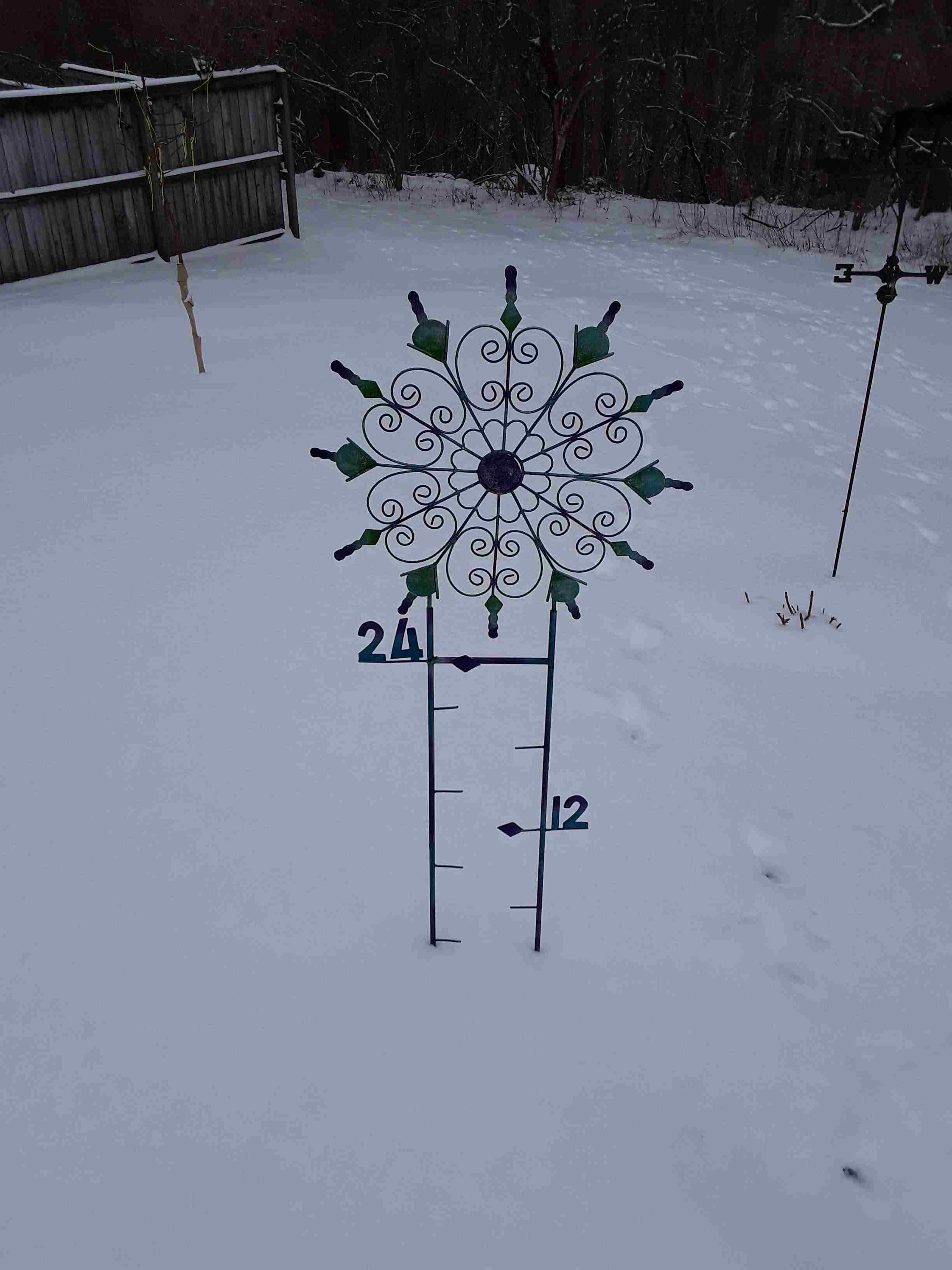Sunday, April 25, 2021
Although Earth’s warming of the past 50 years has brought enormous good to life on this planet, today’s hardcore Alarmists insist great trouble lies ahead. They’d like to stop the warming in its tracks. Why? As far as anyone knows, Earth has no ideal temperature. There is no exact temperature for Earth. Over geological time, this planet has been warmer than now; it’s also been colder. Life has acclimated to every bump. The Climate Alarmists have made a major cause out of proclaiming that won’t work this time! Do you know how many times various groups have declared the end of the world? Too many to count. And this current Climate Crisis will meet the same fate.
What’s the problem? The theory being used to predict the end of life as we know it is WRONG. Back in the days of the “science is settled” era, it seemed so easy. Carbon dioxide is a major factor in Earth’s climate. When CO2 increases Earth warms. The amount is well defined – roughly .9 deg. C if you double the amount in the atmosphere. We believe the atmospheric concentration of CO2 back in the late 1800’s was about 275 parts per million (ppm). Now it’s about 416 ppm. But, a change that slow is hardly a problem. No need to raise the crisis flag.
It’s all about the secondary effects of warming. The theory further states that warming will lead to more water evaporation. That will produce more clouds. Those clouds will trap more heat near the surface. So that actual warming is compounded to more than the CO2 contribution.
It all seemed so logical. But when they started building forecast models, the models seemed to forecast much more warming than was being observed. As described earlier, although the predictions have improved, they still are considerably warmer then reality.
Now let’s call in Nobel Prize winning American physicist Richard Feynman…“It doesn’t matter how beautiful your theory is, it doesn’t matter how smart you are. If it doesn’t agree with experiment, it’s wrong.” As it turns out, Feynman really had these Climate Crisis people figured out. Another quote: “For a successful technology, reality must take precedence over public relations, for Nature cannot be fooled.” As mentioned before, the Climate Advocacy groups are currently more about public relations than science.
Why are the models wrong? In a word, sensitivity. In a few more words, sensitivity measures how much clouds alter Earth’s temperature. The “settled science” theory says clouds have a net warming affect on heating (positive sensitivity). But, clouds also reflect a good bit of solar energy before it reaches the surface. If clouds bounce away more heat than they trap, it’s a net cooling (negative sensitivity).
We’ve been trying to figure out Earth’s sensitivity to clouds for over 100 years. Surface-based trials all say slightly positive. Looking from the top down, satellite studies are mixed – some positive, some negative. A large mixed study over the western Pacific recently resulted in a slight negative trend.
Nobody knows the answer. My thoughts are that the sensitivity is variable. Over various time frames and areas, we have regions of positive and negative sensitivity at work. How they add up over a year or so will not always be the same. I believe that the use of a constant positive sensitivity in the climate models is a primary reason for the excessive warming they predict.
One more note on sensitivity before we switch topics. I’ve mentioned the IPCC and its reports using many climate prediction models. Over 100 models were used in the 2019 report. Only one model (from Russia) came close to the actual temperature trend of the past two decades. Besides being more realistic, what made this model different from the 100+ others? The Russian model is the only one to use a negative sensitivity! Interesting.
Stuff
Another quote to portray the current status of (most) climate modelers around the globe. This quote is attributed to Albert Einstein. He may have said it, but he didn’t originate it. “The definition of insanity is doing the same thing over and over again and expecting a different result.”
I think we may be entering a paradigm shift. Next time…

 Smoke billows from Mt. Etna near Giarre, Sicily. | (AP Photo/Salvatore Allegra)
Smoke billows from Mt. Etna near Giarre, Sicily. | (AP Photo/Salvatore Allegra)
